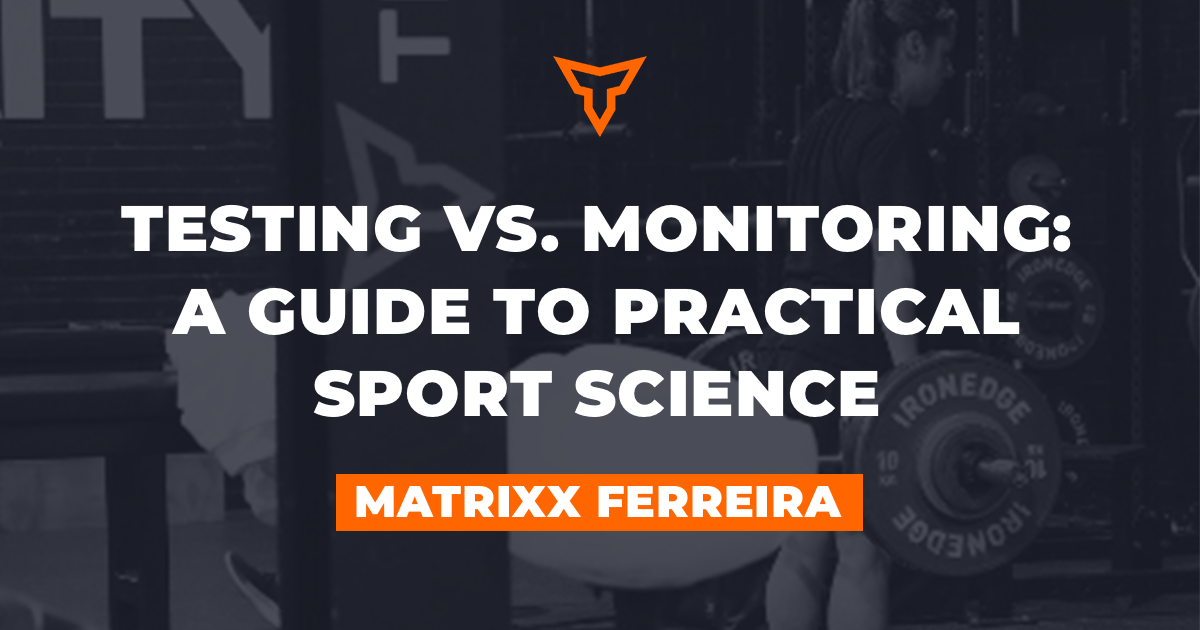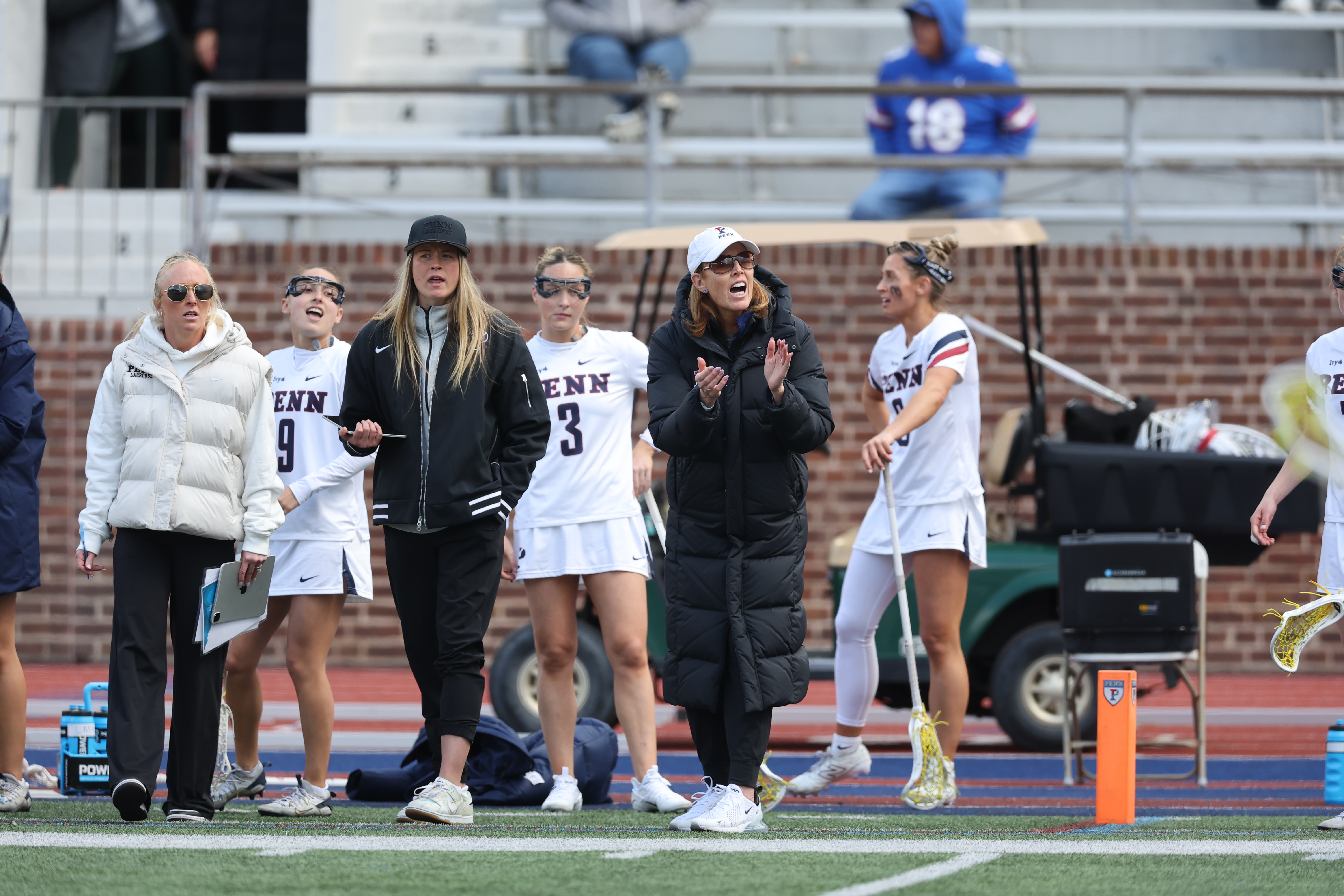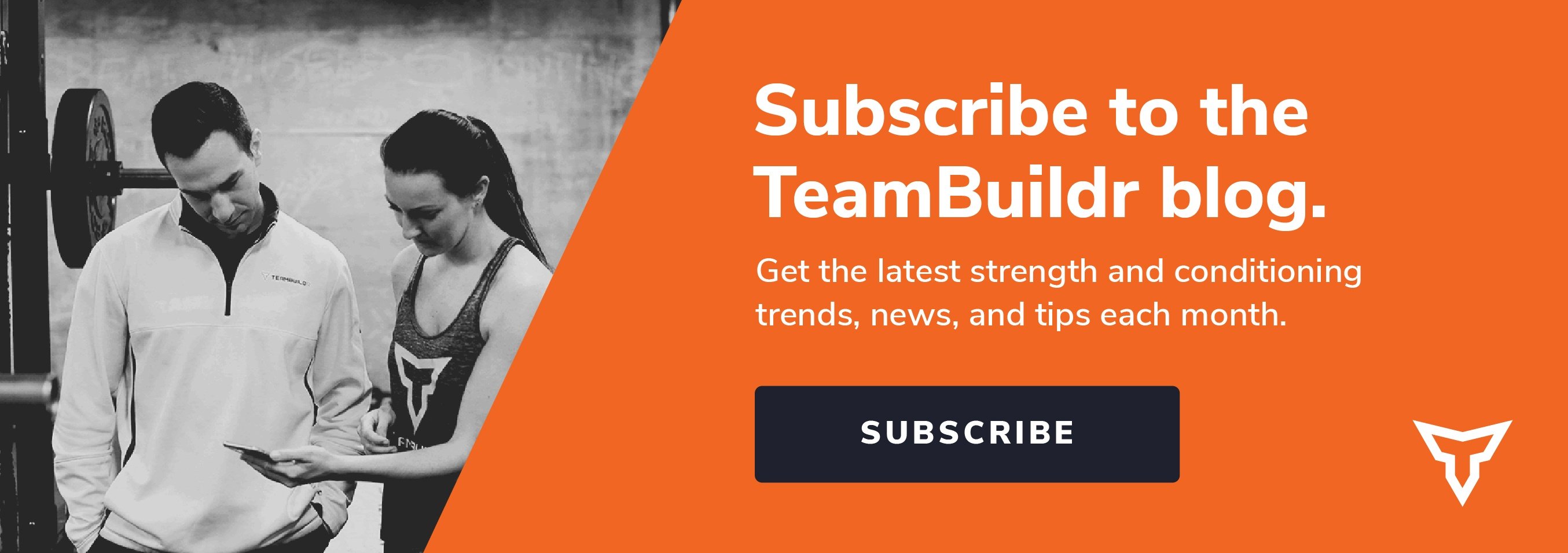Strength and conditioning coaches regularly run into issues that make their roles difficult. We often face lack of funding, inadequate space, insubordinate athletes, or one of many other issues that add to the weight on our shoulders. The stress is even greater when the issue is a difficult sport coach.
Whether the problem stems from that coach wanting to control the strength and conditioning program, unwillingness to listen to the advice of the strength coach, or the fact that they simply do not want to be a team player, how you handle situations that arise with difficult coaches can dictate your mental stress levels as well as your satisfaction with your job in general.
The ideas below are by no means an exhaustive list of methods for conflict resolution. Also, some people will be a challenge to work with regardless of your approach or demeanor. However, in my experience, these ideas can make a big difference in reducing and sometimes diffusing situations that arise with difficult sport coaches. Keep reading to learn how to deal with a difficult coach.
Communication
First and foremost, communication is essential between strength and conditioning staff and coaching staff. I highly recommend meeting with the sport coaching staff weekly; even if the meeting is five minutes of discussing how the athletes are performing, upcoming practice or competition notes, and any concerns from the sport coaches. Eliminating any potential disconnects or “walls” between each staff will go a long way in preventing temper flare ups due to miscommunication. Normally, this will take extra work from the strength and conditioning staff, who will likely have to seek out and schedule regular meetings with the sport coach(es). This extra bit of effort will reduce your stress in the future. Don’t overlook this step.
Avoid Texts and Email
Speaking of communication, when speaking to sport coaches, avoid text and email. Connotation and tone taken from text and email are largely up to interpretation of the individual. It is always better to ensure that your words and ideas are interpreted as you mean them. This is most easily and clearly done with face to face conversations. When talking in person, you can also more fully explain your ideas as well, which can be very helpful when discussing training methods about which the sport coach may not be knowledgeable.
It may be intimidating to go to the office of a long established and revered coach within your athletic department, avoiding in-person discussions will only make situations worse. A word of caution when speaking in person: Don’t let your body language betray you! Most of what we say when speaking face to face is interpreted through body language. It is important to be mindful of the non-verbal messages you are sending. Maintain an open posture to encourage non-threatening dialogue. However, be sure not to come across as timid when discussing student-athlete training and performance. As the authority of strength and conditioning at your institution, your thoughts and opinions are important, especially if you are the Director or Head Coach of the department.
Invite Coaches to Observe
Inviting sport coaches to observe or be a part of the strength and conditioning program can be a great “olive branch” gesture. While this may be somewhat tricky at the Division III level due to off-season contact rules, it can greatly help coaches to increase their buy-in of the program. Training of student-athletes should be holistic; it should include strength and conditioning, athletic training, sport psychology, and sport nutrition, as well as the sport coach. All parties involved should be invested in the development of each student-athlete. Your program will benefit by inviting each of these people/staffs to observe the training you do with teams. Some sport coaches feel as though they must have their hands in everything that happens with their athletes (or even everything happening under their watch, in some cases). Inviting these coaches in to see what you are doing and how you are doing it can help to ease their reservations about the strength and conditioning program.
Bringing in your Athletic Administrator
If a sport coach is proving to be extra difficult beyond simply questioning your program or is actively trying to undermine your work, it may be time to pull in an athletic administrator to moderate a discussion. While doing so may feel like calling in a parent, it is important to remember that both you and the coach in question are employees and your supervisor is there to help you with issues that arise with your job. Sometimes coaches simply cannot see eye to eye due to communication styles or their preconceived ideas based on issues they’ve had with other coaches. A third party from the administrative side should be able to take an objective stance and help to find a resolution. That resolution may not be ideal for you, but if it is an improvement from the current level of crisis, it is a step in the right direction. It’s very important to note that you may be part of the problem. None of us are infallible. If part of the issue is due to your views or demands, own up to it, do what is best for the “team”, and come to a compromise.
Call in Human Resources
Lastly, if all other methods have failed and/or a difficult coach is legitimately focusing on you as a target of bullying or other disparaging behavior, it may be time to go to Human Resources. In a perfect world, this wouldn’t be necessary, and it is definitely not something that most people would want to resort to doing. But, in the end, you are both employees of a company and companies have rules against bullying, harassment, and discrimination. A hostile work environment is something that no coach should have to experience or endure. A word of advice if you ever take this route: even a successful end to this behavior due to human resources may not mean a drastic improvement in your workplace environment. A stigma about your character may develop due to this process. This decision should not be taken lightly. If you’re going to take this road, be sure to have documentation, and ample evidence to support your case.
Dealing with a difficult coach requires a high level of maturity. Getting into shouting matches, engaging in passive-aggressive behaviors, or seeking to belittle a coach to be viewed as superior will cause worse and longer lasting problems. The best advice is to try to see the issue with yourself removed. What is the root cause? How would you solve the problem if you were an uninvolved third party? When faced with these situations always keep an open mind and remember that your ultimate role is centered on the well-being and experience of the student-athlete. For the betterment of your career and your institution: always seek to be asset, not a liability.
Subscribe to our blog
Subscribe to receive the latest blog posts to your inbox every week.
Related posts

Ego Decisions vs. Legacy Decisions

Testing vs. Monitoring: A Guide to Practical Sport Science Assessments

